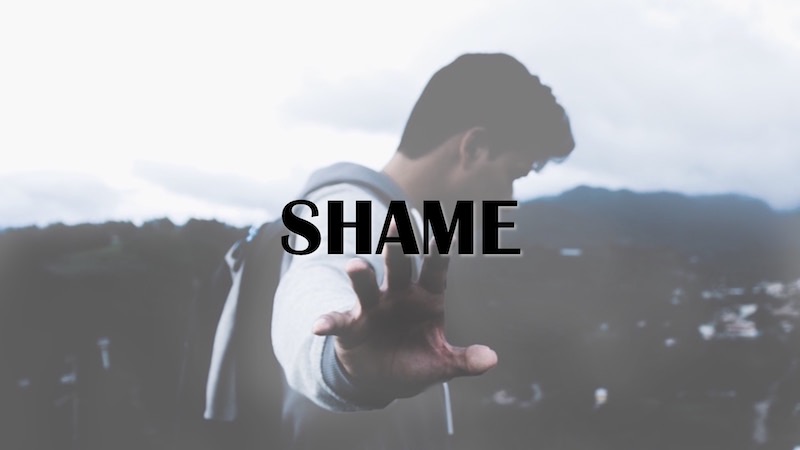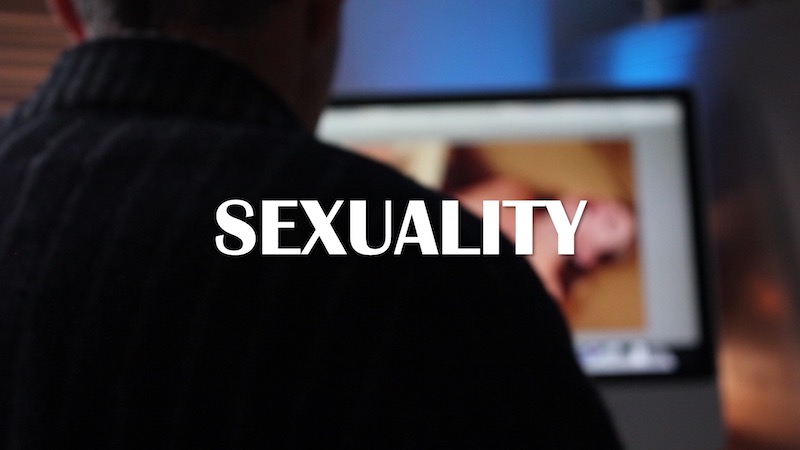As this site deals with awkward topics such as shame, generational trauma and porn addiction, from time to time I receive interesting queries. One such recent query was about the shame of lack of sexual experience.
Double-whammy
This is an absolutely valid query on an absolutely valid issue. The lack of sexual experience can be experienced as shameful. This is because sex itself is still, at a societal level, considered shameful.
The lack of sexual experience can be experienced as shameful. This is because sex itself is still, at a societal level, considered shameful.
What’s the evidence for that statement?
You can get training and qualifications for almost anything in life—yet you can’t for sex. There are no apprenticeships in sex, no evening classes, no PhDs. Society abandons you to navigate its unconscious shame and figure out how to acquire sexual experience all on your own.
This creates a double-whammy—a double-ended hit. Not only do you feel the shame of lack of sexual experience; you also feel the shame and guilt of desiring sexual experience.
Catch-22
The shame of lack of experience makes finding sexual partners really hard. Yet to overcome this shame means confronting society’s deep-seated antipathy to sex, which is also really hard. So, as well as a double-whammy, there’s also a Catch-22 in that help to overcome shame isn’t readily available—because of shame.
How do you undo this double-whammy and unravel the seemingly unsolvable paradox of the Catch-22?
The first step is to understand what sexual shame is and where it comes from.
What is sexual shame?
In What is sexual shame? I wrote:
Sexual shame is one of the three forms of shame in our unconscious, the others being the shame of our emotions and the shame of our physical body (in terms of both appearance and the shame of bodily functions).
Of the three, sexual shame is the most powerful as it’s the aspect of humanity that’s been most despised, denied, repressed, suppressed and punished through the course of what we like to think of as civilization.
As human beings, we desire physical and emotional intimacy. But because our sexuality is socially unwanted, we feel shame around expressing it. So it becomes difficult to acquire sexual experience.
When we meet someone we’re attracted to, we then feel ashamed that we don’t have the sexual experience necessary to confidently enter into a relationship.
Fumbling towards ecstasy
Native societies use rites of passage to support adolescents in their transition into sexually active adulthood. Because of shame, patriarchal societies such as ours avoid this responsibility on the pretext of ‘privacy’. What this really means is, “keep whatever’s going on between your legs private; it’s shameful.”
Young men and women are left to fumble their way to sexual experience through uncomfortable, embarrassing, emotionally fraught encounters. Both partners often feel ashamed and neither has a frame of reference for the situation.
Communication through the shame barrier is particularly difficult as it’s hard to articulate feelings that society shames. To stop, listen, think and communicate clearly while sexually aroused is also challenging. All the blood that should be helping your brain to process has been syphoned into your genitals.
The result can be misunderstandings and crossed signals that only worsen the shame. It’s vital that sexual signals are clearly understood. Consent is essential.
Lack of sexual experience
Sexuality is like a rosebud—a flower that gradually blossoms into beauty. Yet it also has thorns; when things go wrong in a sexual encounter, they can go very wrong. That’s why I’ve used a photo of a rosebud for this post. The more shame you have, the greater the likelihood of pricking yourself on a thorn.
To overcome your shame of lack of sexual experience I recommend creating your own rite of passage. The purpose of this is for you to recognise your right (or ‘rite’) to be sexually active without any shame or guilt.
I mentioned the double-whammy of (1) the shame of sex and (2) the shame of the lack of sexual experience. You tackle the second by tackling the first.
You may not be aware of this underlying shame of sex; only of the shame of the lack of experience. Yet the latter cannot exist without the former. If you weren’t ashamed of sex you would have smoothly gravitated into sexual relationships.
Releasing unconscious shame
Begin by releasing unconscious shame. I’ve created a toolkit for this. Releasing shame requires accepting the painful, rejected aspects of ourselves—which in turn means accepting and feeling the pain that is associated with those shamed parts of ourselves.
Once you begin to diminish your shame, the negative spiral of the double-whammy/Catch-22 unwinds. Consider taking your rite of passage to another level—such as attending a Tantric massage workshop, which may or may not involve genital massage.
The important thing here is to gain experience of physical intimacy and reduce the anxiety and shame around it. Well-run Tantric workshops create a safe space where strangers help each other confront their shame and fears of intimacy.
This is the path to sexual confidence: being emotionally comfortable with your partner allows you to be responsive and physically comfortable with them. By improving your emotional skills, you reduce the shame of the lack of sexual experience so you can confidently enter new relationships.
Next steps
For further resources on shame, both free and paid, please click on this image.
For further resources on sexuality, both free and paid, please click on this image.
Photo by Vanessa Serpas on Unsplash



